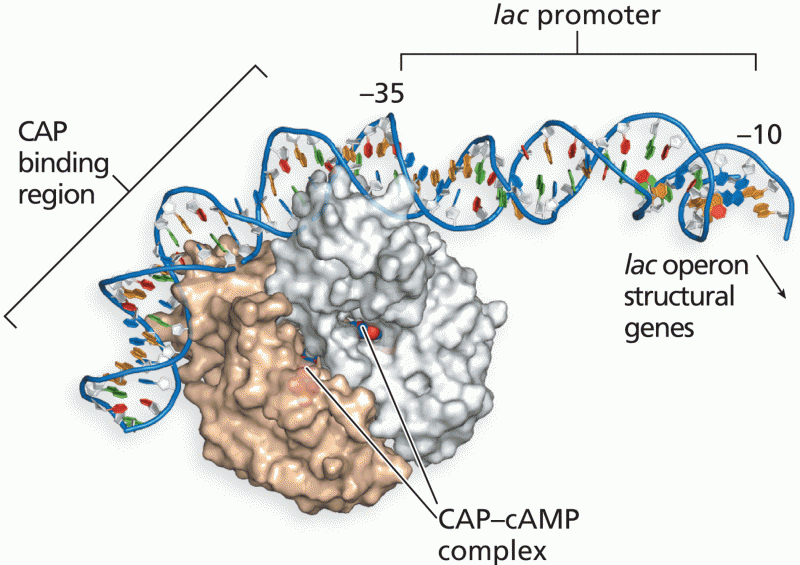|
|
|
Vaccines prevent between 2.5 and 4 million deaths every year.
The people with the highest levels of LDL are Mexican American males and non-Hispanic black females.
During the twentieth century, a variant of the metric system was used in Russia and France in which the base unit of mass was the tonne. Instead of kilograms, this system used millitonnes (mt).
Bisphosphonates were first developed in the nineteenth century. They were first investigated for use in disorders of bone metabolism in the 1960s. They are now used clinically for the treatment of osteoporosis, Paget's disease, bone metastasis, multiple myeloma, and other conditions that feature bone fragility.
More than 34,000 trademarked medication names and more than 10,000 generic medication names are in use in the United States.







